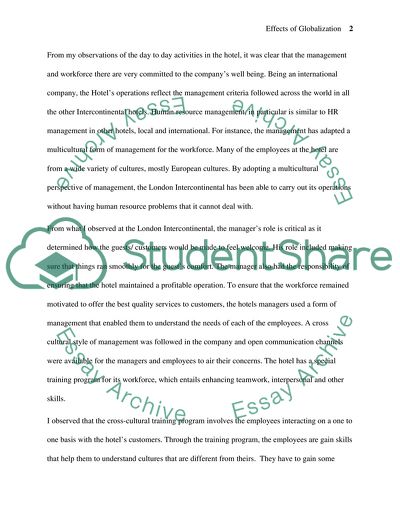Cite this document
(Globalization in Human Resources Coursework Example | Topics and Well Written Essays - 2250 words - 1, n.d.)
Globalization in Human Resources Coursework Example | Topics and Well Written Essays - 2250 words - 1. https://studentshare.org/human-resources/1748043-globalisation
Globalization in Human Resources Coursework Example | Topics and Well Written Essays - 2250 words - 1. https://studentshare.org/human-resources/1748043-globalisation
(Globalization in Human Resources Coursework Example | Topics and Well Written Essays - 2250 Words - 1)
Globalization in Human Resources Coursework Example | Topics and Well Written Essays - 2250 Words - 1. https://studentshare.org/human-resources/1748043-globalisation.
Globalization in Human Resources Coursework Example | Topics and Well Written Essays - 2250 Words - 1. https://studentshare.org/human-resources/1748043-globalisation.
“Globalization in Human Resources Coursework Example | Topics and Well Written Essays - 2250 Words - 1”. https://studentshare.org/human-resources/1748043-globalisation.


